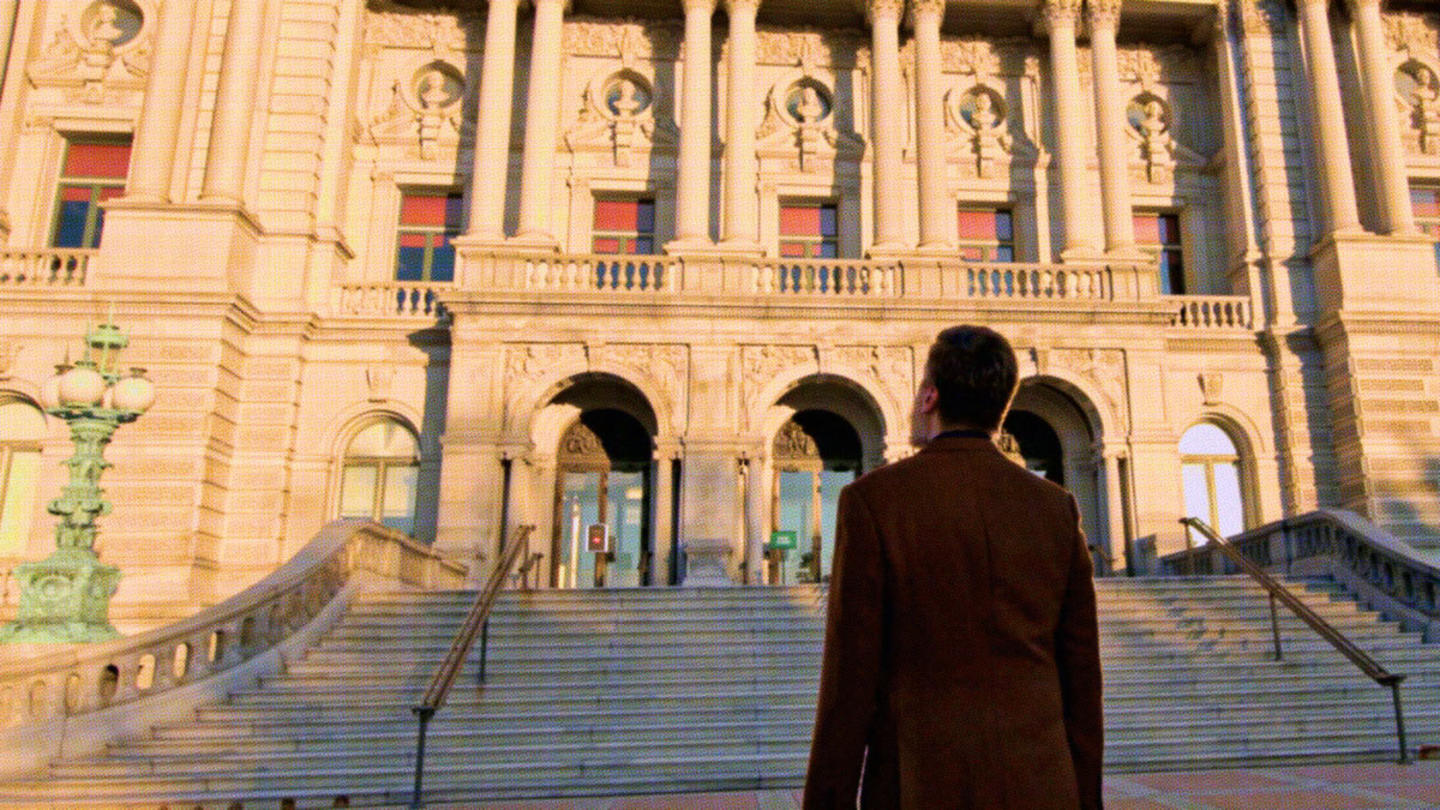Greg Lukianoff is worried.
A “temperamental optimist in a pessimistic world,” he thinks things will get worse before they get better. But what he’s seeing now alarms him: the silencing of free speech, cancel culture on college campuses, the steady erosion of open discussion, coming from both sides of the political aisle.
On college campuses and the social media stratosphere alike, celebrities, professors, and even ordinary people are being routinely “canceled” and silenced for expressing their opinions.
“We have a pretty straightforward, simple definition of cancel culture, which is the successful attempt to get people punished, expelled, (or) otherwise de-platformed for saying things that would otherwise be protected as free speech,” Lukianoff says.
Lukianoff is a constitutional lawyer, author, and free speech advocate. He co-wrote The Coddling of the American Mind in 2018 with social psychologist Jonathan Haidt.
Lukianoff claims that what often starts as well-meaning efforts to dissuade hateful words has grown into a persistent culture of denying Americans their First Amendment rights.
And this could put democracy itself in jeopardy.
College campuses are no longer bastions of free speech
“Freedom of speech is the idea that you should be allowed to speak your mind without punishment.”
This is a simple statement from Lukianoff, and one that has historically been championed on college campuses across the country, particularly in the 1960s. Throughout many human rights movements, college students have been some of the most vocal participants in peaceful protests demanding the right to speak freely.
Today, however, this fervor has shifted into demanding that others don’t speak at all. Rather than providing platforms for everyone to have a voice, efforts are now directed at taking away the voice of those with unpopular or controversial viewpoints.
Lukianoff believes that these intentions are misplaced, and inadvertently leading to harming those vulnerable people that college students are trying to protect.
“It’s always the underdog who needs the protection of freedom of speech the most,” he says. Putting up barriers to freedom of speech will only weaken the causes students often hope to strengthen.
“What I want the younger generation to know is, if they care about the civil rights movement, if they care about the women’s rights movement, if they care about the gay rights movement, they care about freedom of speech,” Lukianoff says.
He points out that during the second Red Scare of 1947-1957 – regarded by many as a low point in America’s history with free speech – around 100-130 professors were fired for expressing opinions that sympathized with Communist ideology. In comparison, since 2014, there have been over 800 attempts to fire or punish professors across the country for vocalizing unpopular opinions on a medley of social issues.
Curbing hate speech only strengthens the speaker
Lukianoff calls this “mob censorship,” and notes that it is not new to this generation. However, what began as an attempt to take power away from those with harmful worldviews will in fact only give them more power.
“Sometimes people think that banning hate speech will solve the problem of hateful ideas and hateful people,” but this is not the case, Lukianoff says.
History has proven this time and time again. Adolf Hitler, for instance, boasted of being censored. Attempts to silence him backfired, strengthening the power of his words that followed. His ‘cancelation’ was used as a political tool to highlight his campaign as singularly important and impactful — or else, of course, it wouldn’t have been targeted.
Today, those who are targets of attempted censorship often leverage it to gain attention and amass support for their platforms.
Sign up for the Stand Together newsletter and get stories, ideas, and advice from changemakers to help you tackle America’s biggest problems.
'A formula for disaster'
All of this isn’t to say that many speakers invited to college campuses are not expressing offensive or misinformed ideas. On its own, however, “speech is not violence,” Lukianoff says.
But concerningly, free speech is increasingly met with seemingly justified forces of violence, which more often than not hurt bystanders much more than the speakers themselves. Lukianoff points to Milo Yiannopoulos’ 2017 visit to the University of California Berkeley, which sparked protests that culminated in violence towards protestors, police, and uninvolved passersby alike.
“This is the formula for a disaster,” Lukianoff says. “If free speech is not protected on campus, you can’t expect it to last all that long off-campus.”
Social media as a force for good
The printing press was one of the most seminal inventions in all of history, allowing for the spread of ideas globally for the first time. Lukianoff posits that if people knew the strife, conflict, and violence this international vocalization would lead to, the printing press would not have seemed worth it at its inception. But Lukianoff has an alternative view.
“With a million additional eyes on a problem, you can start fixing a problem, because you get feedback from a much larger audience, and ideas can progress much faster and get more refined,” he says.
Today’s printing press is social media, which allows for ideas to be spoken and magnified on a global scale, with an immediacy and level of communication never before seen. This can be frightening. The obvious danger is the spread and elevation of hate and misinformation.
But Lukianoff believes we can harness the power of social media for good, over its risks.
“We can actually start to put those additional billion eyes to good use,” he says. “We shouldn’t give up hope that social media — with better rules, with better ways of arguing — could become a powerful force for good, progress, all the things we want.”
This will only be possible if our culture of cancelation starts to become a little more open to hearing dissenting opinions. A “healthy democracy means taking seriously that you have something to learn, and that your fellow citizens have the right to their own opinions,” says Lukianoff. Even if these opinions are upsetting, they serve to educate us on the world we live in, and what our community thinks and why.
Or, as Lukianoff sums it up: “It’s really important to know what people think, always.”
Greg Lukianoff is president and CEO of the Foundation for Individual Rights and Expression (FIRE), which is supported by Stand Together Trust.
Learn more about Stand Together’s free speech efforts.
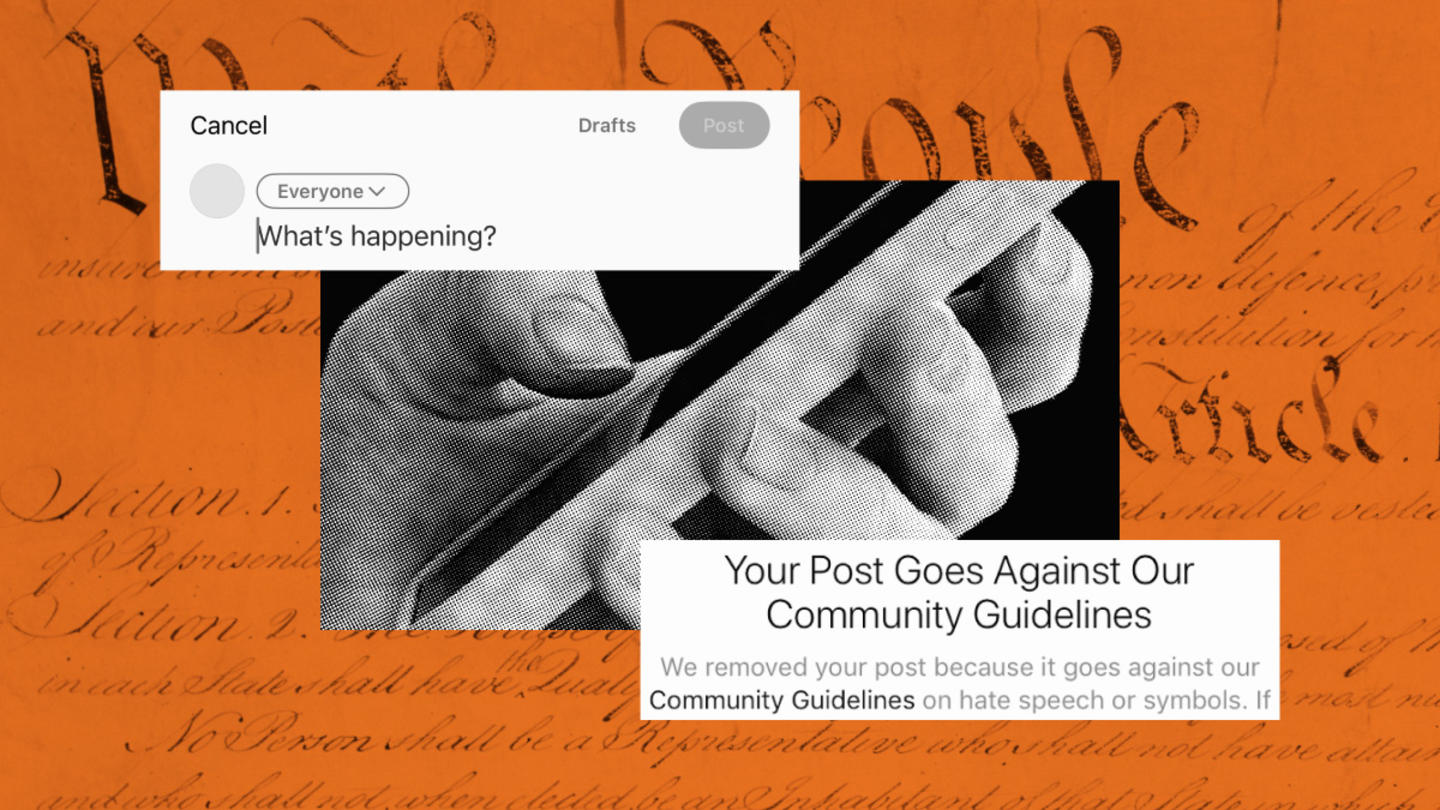
Here's why users should moderate social platforms themselves.
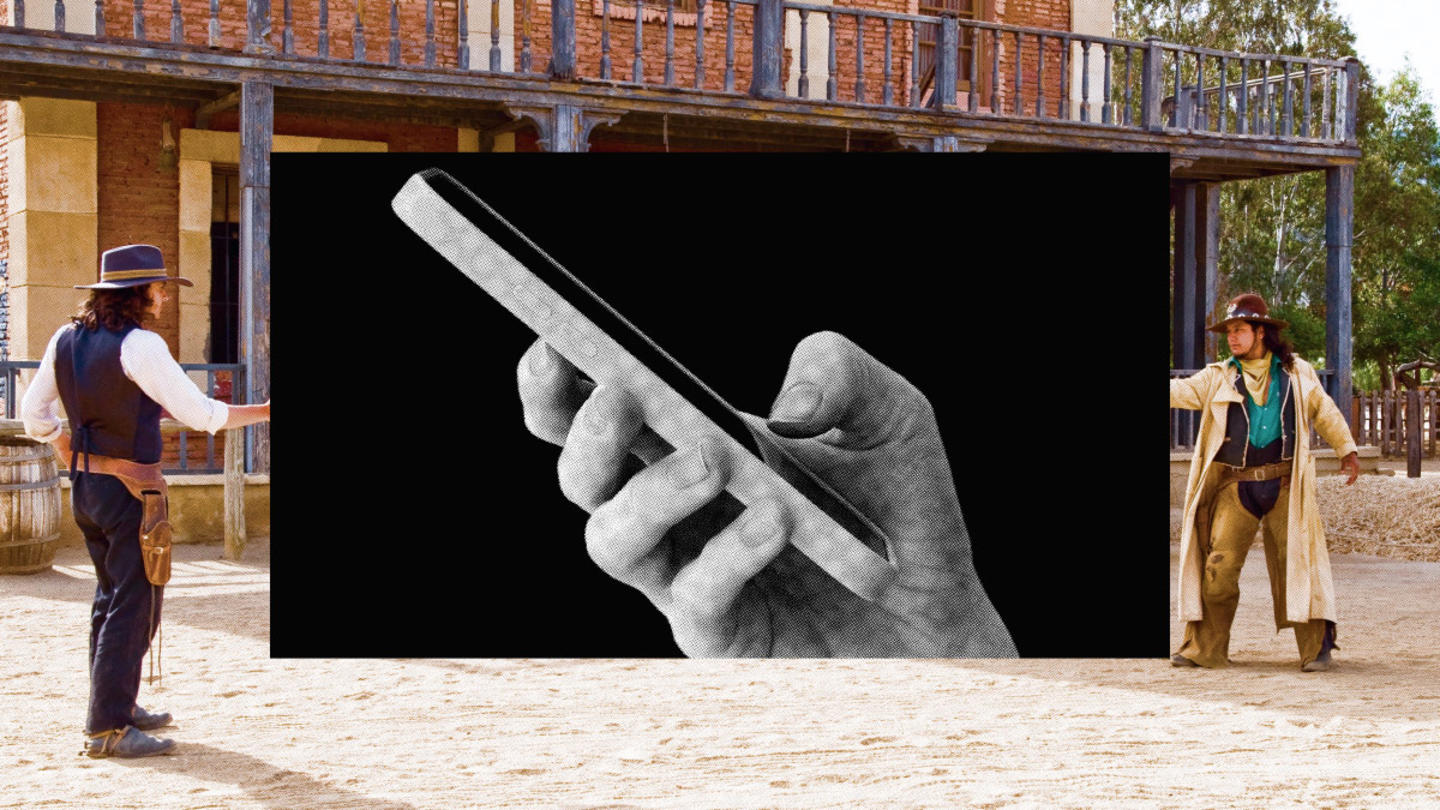
Protecting free speech online is vital. Free speech expert Jacob Mchangama shares how the U.S. can do that.
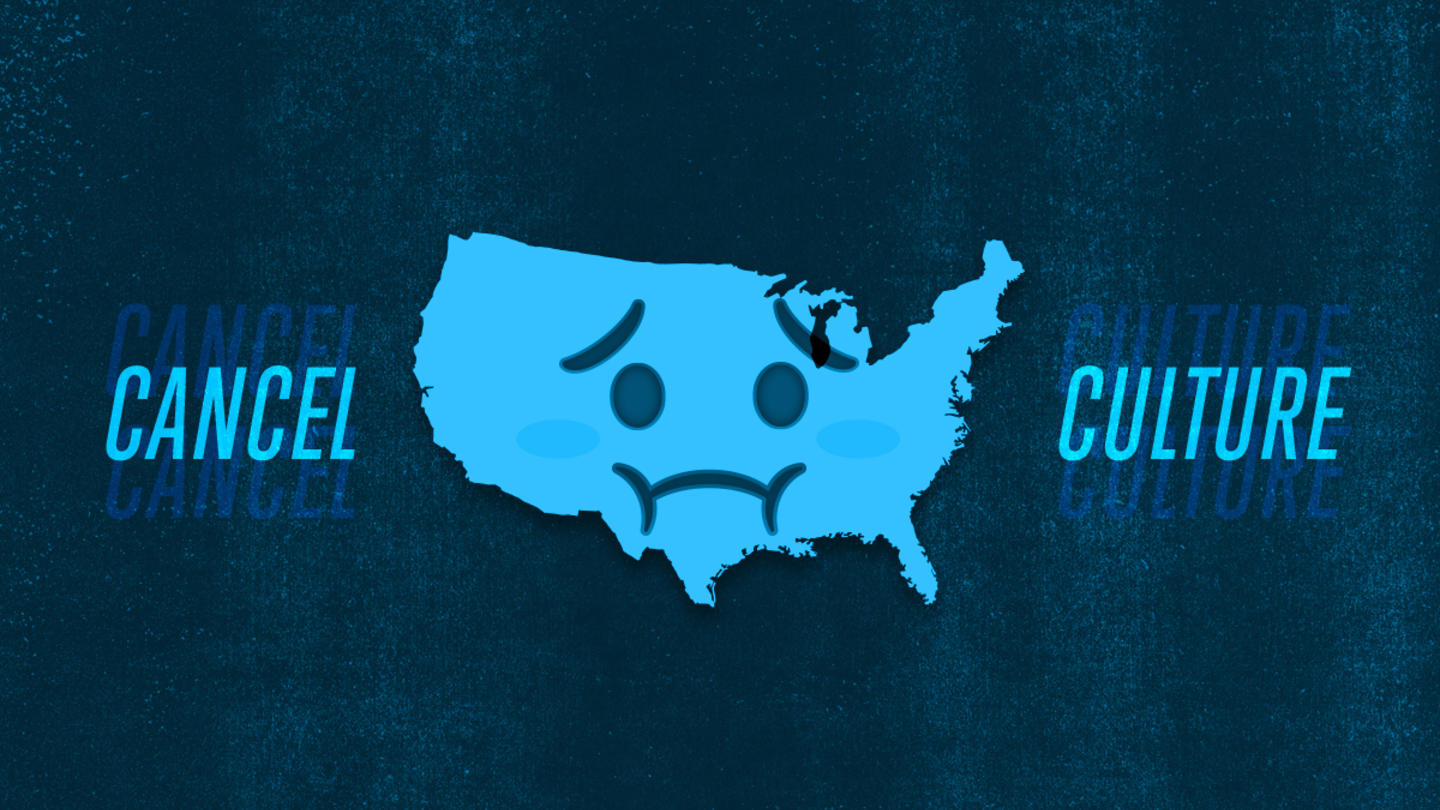
Greg Lukianoff and Rikki Schlott’s new book The Canceling of the American Mind dives into cancel culture’s origins and ways to fight it.
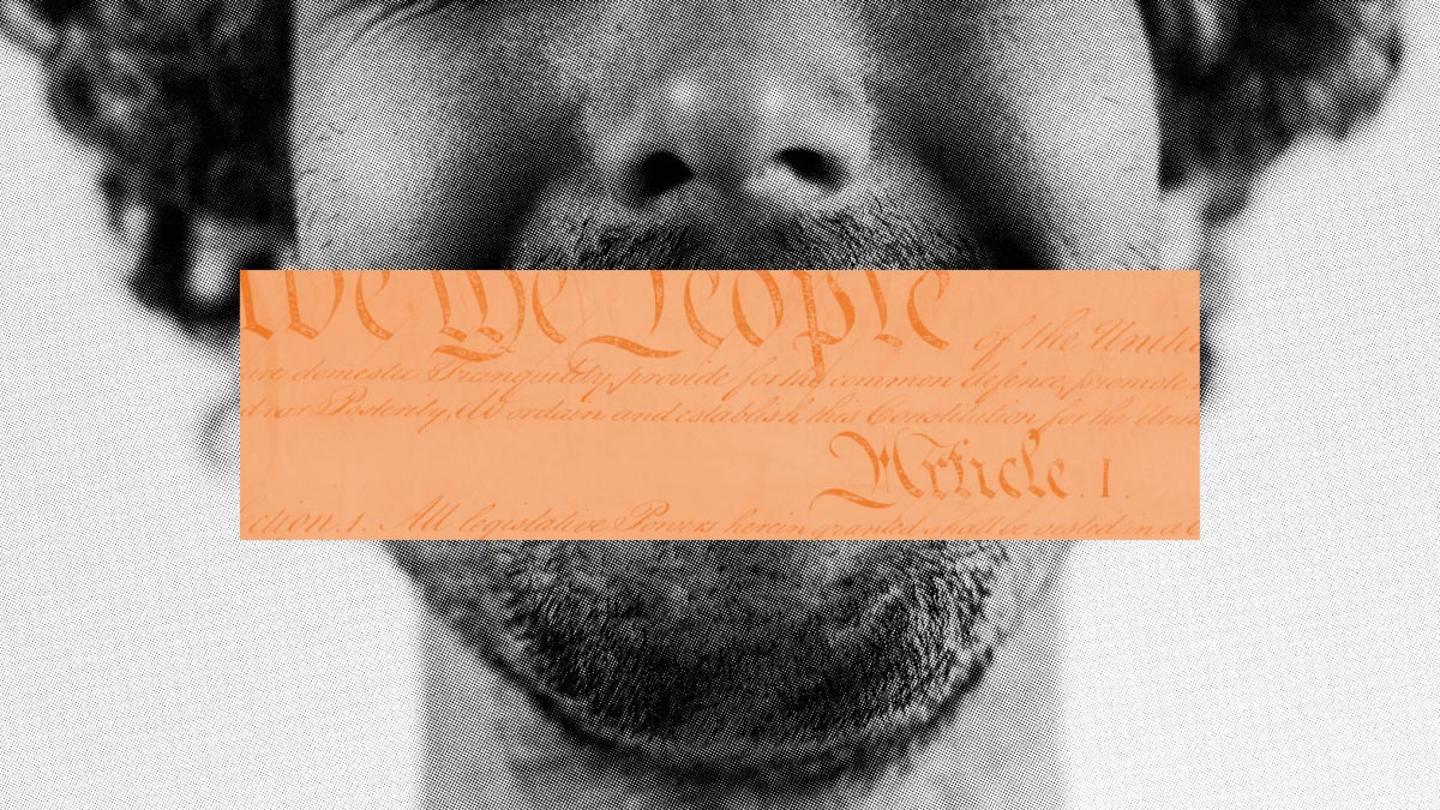
Free speech is under attack. These organizations are pushing back.
